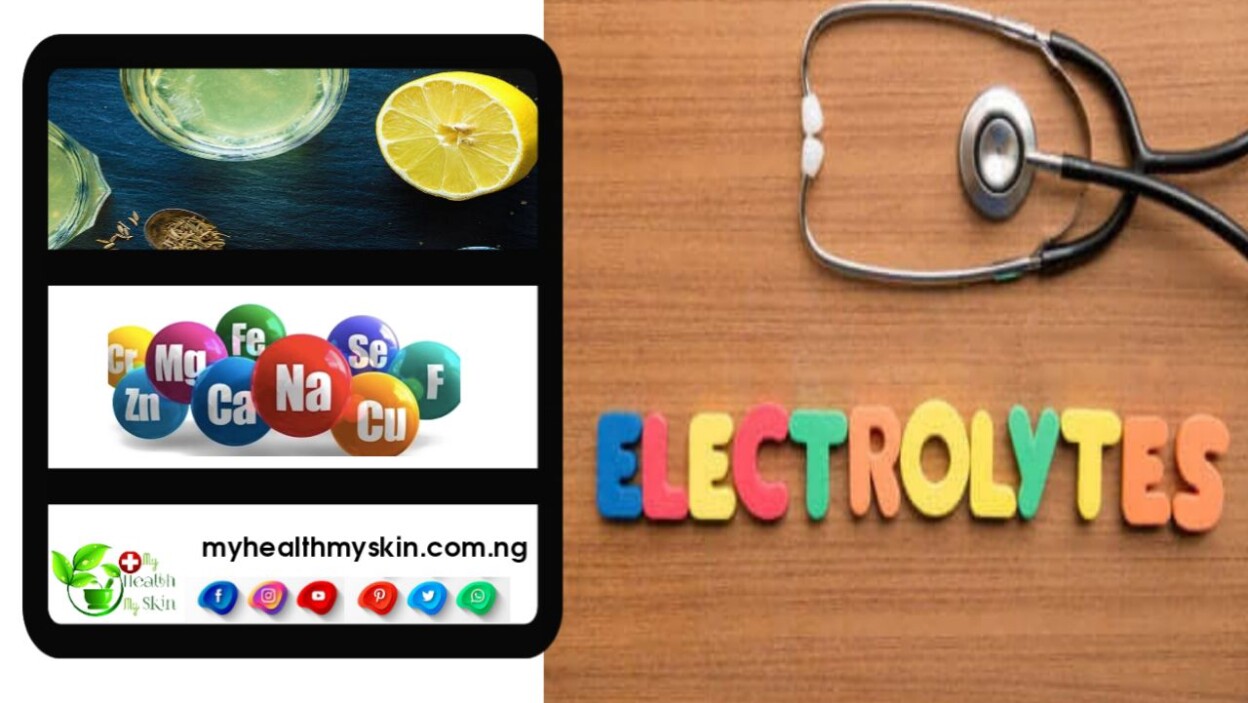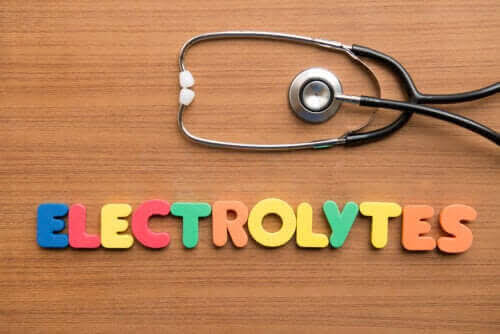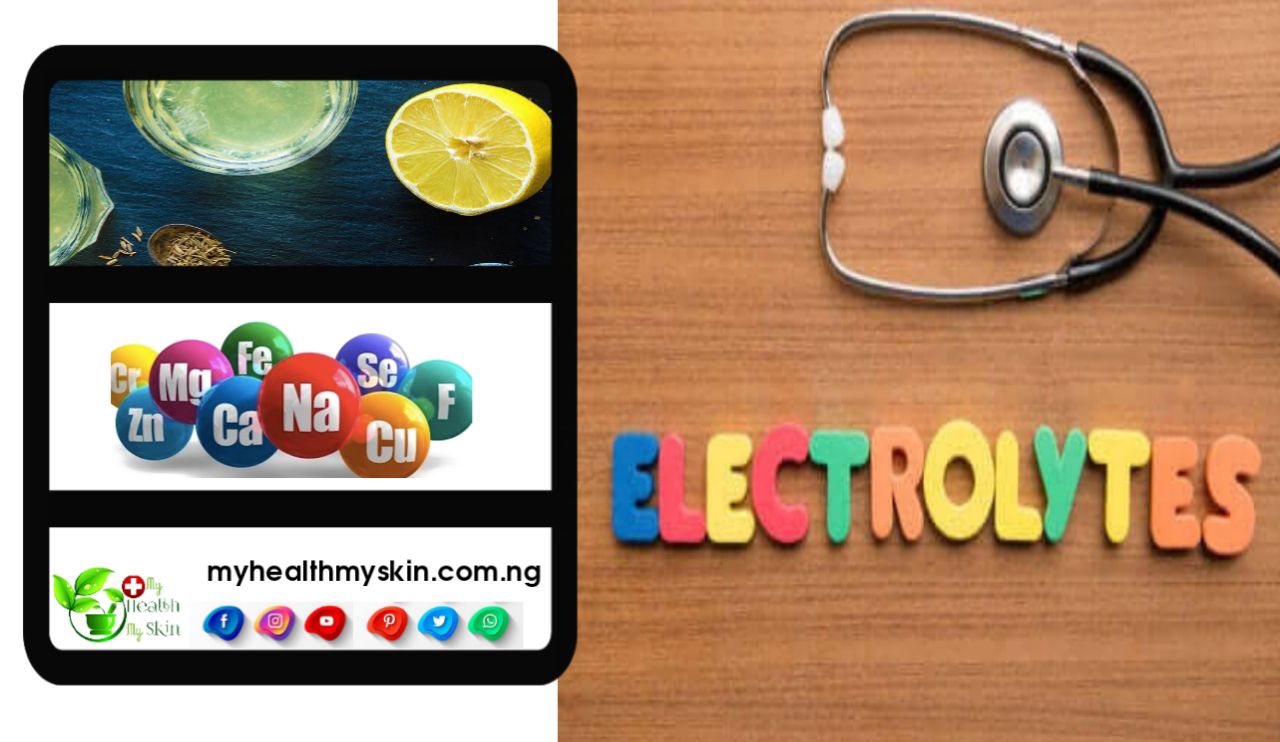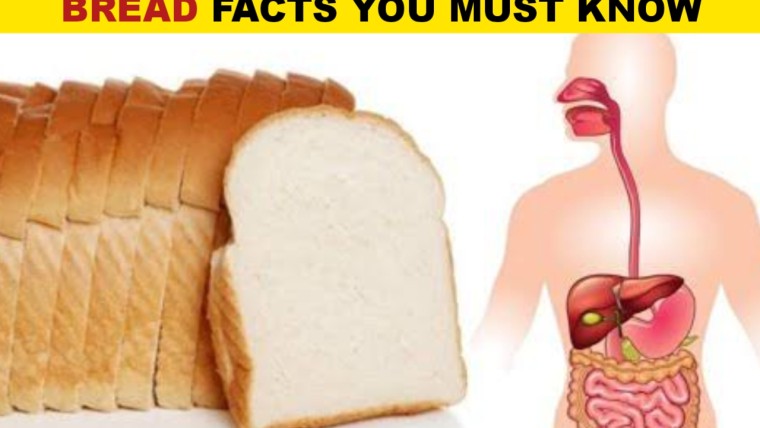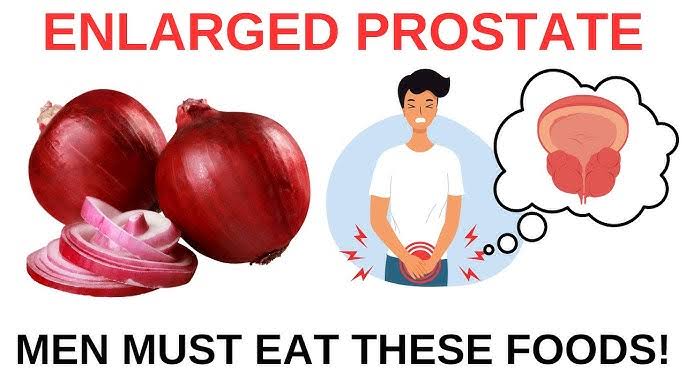Do you know why sweat is salty? And the muscle, how does it know when to contract?
These and other processes have to do with electrolytes. But what are electrolytes?
How did we lose them and how can they be replaced? That’s what this article is all about.
[lwptoc]
What Are Electrolytes And Where Do They Work?
Electrolytes are minerals responsible for transporting water into our cells and also for our body’s electrical impulses, which in turn are important for muscle movements, for the functioning of vital organs and also for efficient hydration, for example.
Thus, it is possible to reach dehydration even drinking water.
This occurs due to a combination of factors: low concentration of sodium (removed through sweat and urine) and high water intake. This combination dilutes the sodium concentration.
The organism’s automatic reaction is to eliminate water through urine and sweat, to return to balance in sodium concentration.
The lack of potassium inside the cells generates another consequence. And it also leads to dehydration.
It turns out that, in order for the potassium concentration to return to balance, water leaves the cells. With less water, cells have their functions impaired.
When replenished, potassium works as a kind of “key”, allowing water to enter the cells.
In addition to sodium and potassium, electrolytes including magnesium, phosphorus, calcium, and chloride are of great significance.
They act in the management of blood pressure and blood pH, in the reconstruction of damaged tissues, in the contraction of muscles, in hydration, in the prevention of cramps and in the production of energy.
Thus, the harmonic presence of these six major minerals is essential for the proper functioning of the body.
Electrolyte deficiency
Electrolytes reach our body through food. Thus, a diet low in foods such as bananas, milk or coconut water, for example, can reduce the presence of electrolytes in our body.
But the main cause of imbalance in the level of electrolytes is the excessive elimination of minerals through sweat or urine.
This problem occurs mainly with athletes, people who consume alcoholic beverages and elderly people with kidney malfunctions, among others.
There may also be excessive loss of electrolytes in people with diarrhea or vomiting.
You may also be interested in:
Is Cheese High In Carbohydrate?
Are There 7 or 6 Classes Of Food?
How To Replenish Electrolytes
These important elements can be replaced by food. The person with a lack of minerals must eat a balanced diet with sources of electrolytes, rebalancing their presence in the body.
There is also the replacement option via supplements, such as Hydrolift.
These can bring greater variety (including zinc, chromium, manganese, selenium and molybdenum) and mineral balance, according to the body’s need.
They are more practical for everyday use and more easily absorbed. They may also include other important ingredients, such as vitamin C.

